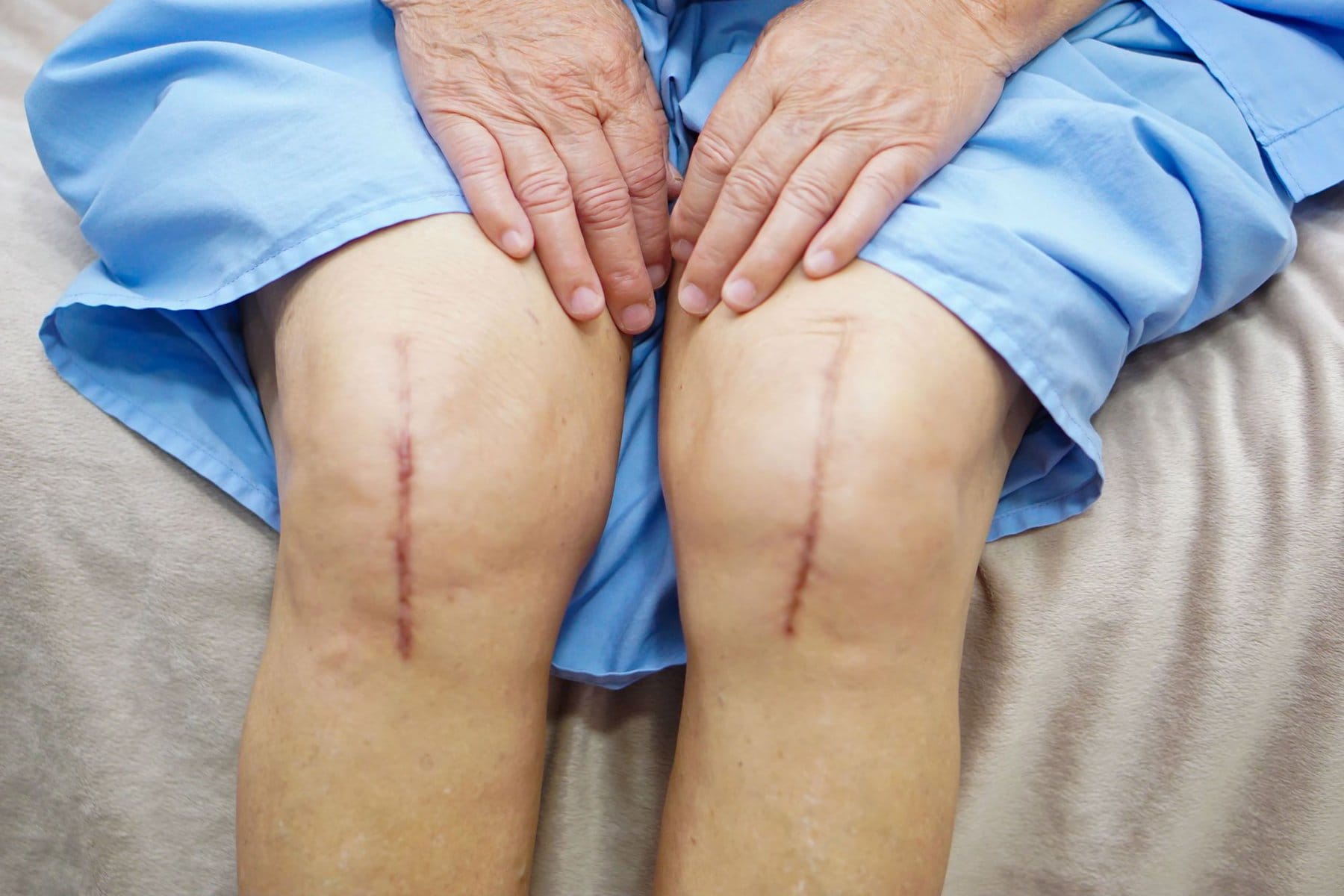Although chronic knee pain is commonly treated with knee replacement surgery, the operation has one of the highest regret rates of any medical procedure. Like all surgeries, it carries a risk of complications, and it isn’t a solution that works for everyone. Many patients who regret the surgery say that they wish they knew about alternative options for chronic knee pain before going under the knife. These are some of the best non-surgical alternatives to treat knee pain.

Knee Surgery Can Be Life-Changing, But Many People Regret It
Osteoarthritis is the most common type of arthritis that primarily affects the knees and hips. The disease develops when the cartilage in your joints breaks down, either from injury or overwork, causing your bones to rub against each other. Osteoarthritis in the knees causes chronic pain, swelling, and stiffness. The condition has no cure, but there are effective treatments, including knee replacement surgery.
The procedure involves replacing the damaged part of the knee with a prosthetic, reducing pain and stiffness. Although many people report that the surgery vastly improved their lives, as many as 20 percent of people who get the procedure are not satisfied with the results. The surgery can be risky and doesn’t always relieve pain. It also may not be a permanent solution. The knee prosthetic typically lasts for 15 to 20 years, so younger people who have the surgery will likely have to have their knee replacement replaced. Especially for people with less severe symptoms, knee replacement may be too extreme of a treatment.
